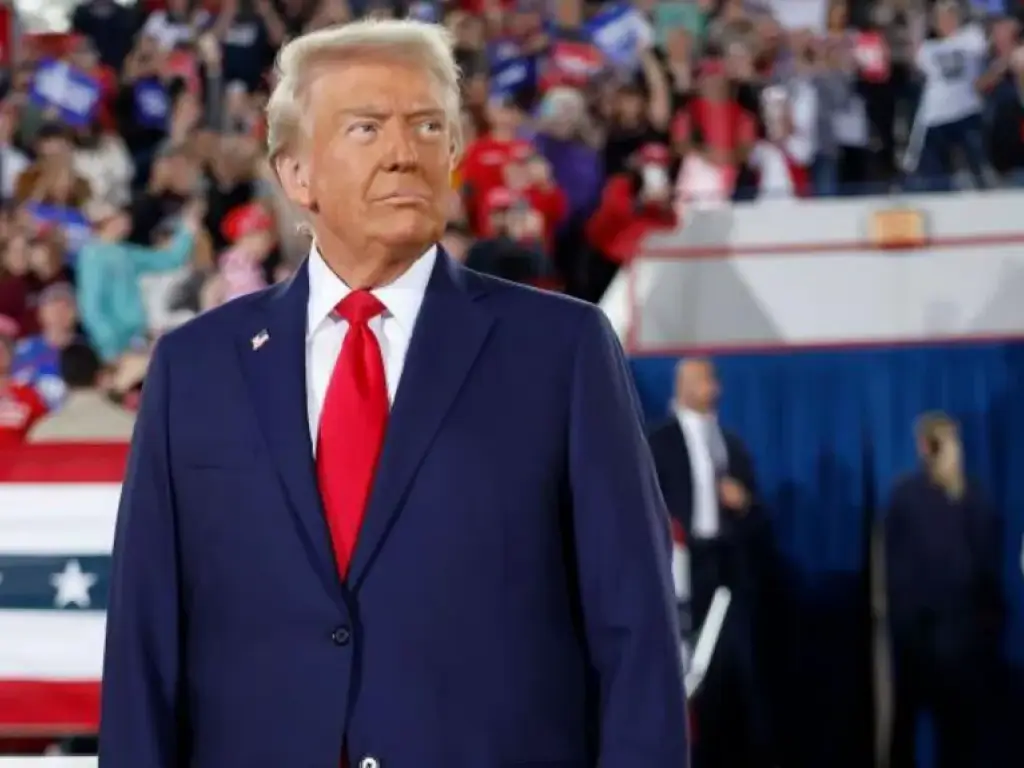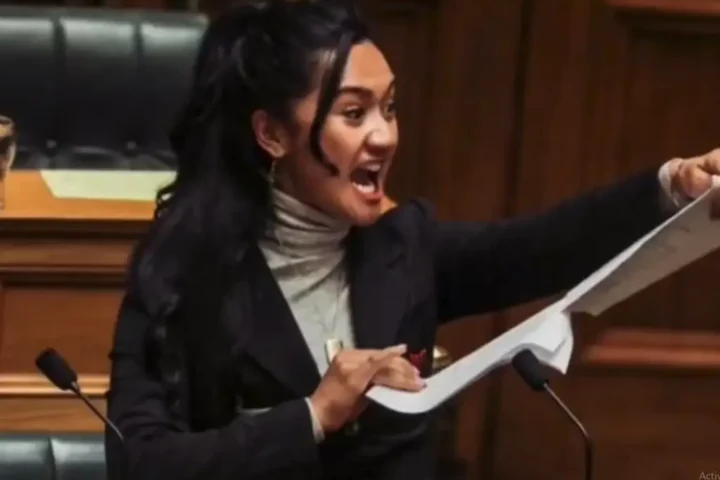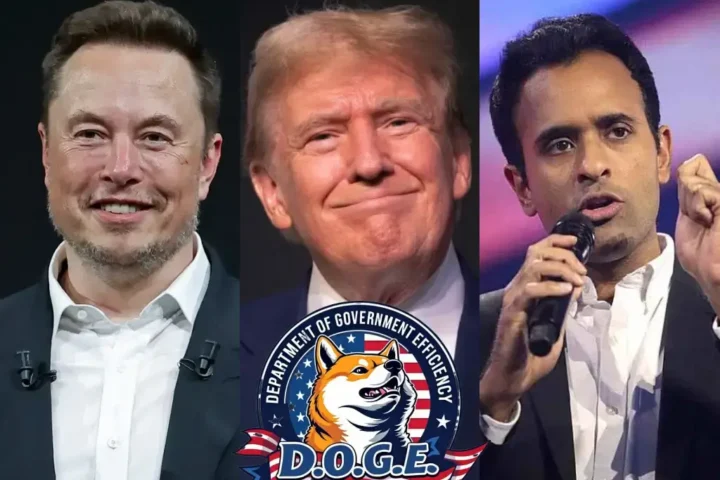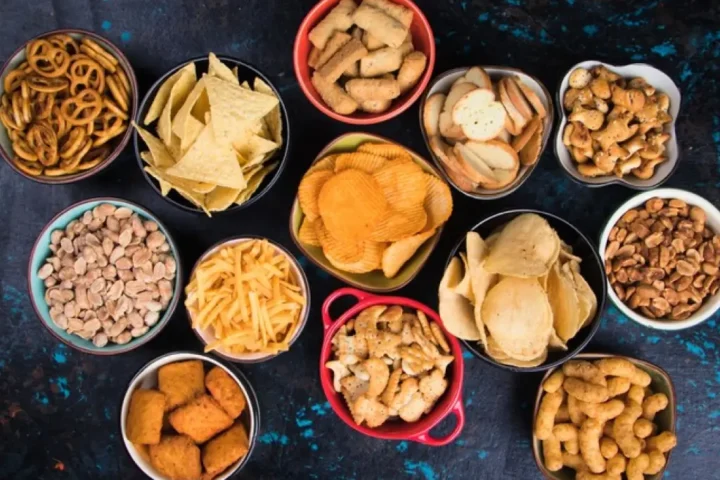The U.S. will stay committed to the climate fight even with Trump’s return to power according to John Podesta, the Biden administration’s climate envoy. Speaking on the opening day of COP29, Podesta described the mission to reduce emissions as “bigger than one election, one country, or one political cycle.”
Though a Trump victory has cast a shadow over COP29’s high-stakes agenda, early breakthroughs in negotiations could make headway on global climate goals. Delegates reached a crucial deal on a long-standing debate: wealthier nations may now offset some of their emissions by investing in clean energy and forest preservation in developing countries. The agreement could funnel billions into projects that lower emissions in emerging economies a promising start to a summit facing sobering realities.
In 2015, nearly 200 countries agreed to cap the rise in global temperatures below 1.5C to avoid the worst of climate change. But, keeping that target alive has become more daunting as greenhouse gases continue to rise. Trump’s win brought immediate concerns about U.S. commitments to that goal, especially since he has pledged to dismantle environmental protections and withdraw the U.S. from the Paris Agreement.
“He has made it clear he will pull us out of the Paris deal again and roll back the safeguards we fought hard to put in place,”
“We should take him at his word.”
Podesta warned
Podesta, however, reassured the conference that climate progress in the U.S. won’t stop altogether. State and city-level initiatives, along with policies set under Biden, will keep emissions on a downward trend, though potentially at a slower pace. “The climate fight is bigger than any single election,” he said, “and the stakes this year are painfully clear in every corner of the world.”
In a rare win for climate diplomacy, COP29 saw the finalization of a global carbon market. This long-debated mechanism lets wealthier countries offset emissions by funding clean energy or conservation projects in poorer nations. For developed countries, it’s an attractive prospect: subsidizing a wind farm in Africa, for example, costs less than switching millions of homes to heat pumps at home.
However, the proposal isn’t without controversy. Concerns about fraud and the actual impact of these projects linger, though supporters believe this could spur an influx of as much as $250 billion annually from wealthier to developing nations. For some, it’s a hopeful step toward equitable climate action.
Read More:
Donald Trump Dials Putin, Urges De-escalation in Ukraine Conflict
The opening day of COP29 came with a grim reminder from the World Meteorological Organization (WMO), which released its annual State of the Climate report. With record-breaking temperatures, accelerating glacier melt, and ocean warming, WMO warned that 2024 is on track to be the hottest year in history. The report underscored the urgent need for countries to strengthen their climate commitments, as the impacts of climate change from deadly floods in Spain to record wildfires worldwide become more severe each year.
COP29 President Mukhtar Babyaev captured the urgency, saying, “We are on the road to ruin. These aren’t future problems; climate change is already hurting communities across the world.”
One of COP29’s core goals is to establish new levels of climate financing. Developing countries, struggling with both economic and climate crises, need financial support to cut emissions and prepare for climate impacts. While richer nations have agreed to increase their contributions, they are calling for major emerging economies, like China and the Gulf states, to join in as well.
“Let’s be clear: climate finance isn’t charity. It’s in every nation’s self-interest, including the wealthiest.”
UN climate chief Simon Stiell
Without significant funding, he warned, keeping the 1.5C target will be out of reach, and all nations will bear the consequences. COP29’s message is clear: solving the climate crisis requires money, solidarity, and commitment across all borders.
Beyond the intense negotiations, one surprising concern at COP29 is the price of food. Delegates from lower-income nations voiced frustrations over the high cost of meals at the conference, with some paying up to £18 ($24) for basic items. A BBC journalist covering the event shared that a simple lunch of soup, bean salad, and a roll cost her 41 Azerbaijani manat (about $24).
“It feels like they’re taking money straight out of our pockets,” one delegate told reporters, reflecting how the expense of attending these global meetings can make it challenging for representatives from poorer nations.
COP29 opened with mixed emotions cautious optimism, urgency, and anxiety over both political and financial barriers to real progress. And with Trump’s return threatening to undo climate protections, the world will be watching how much ground can truly be covered as this critical conference unfolds.











